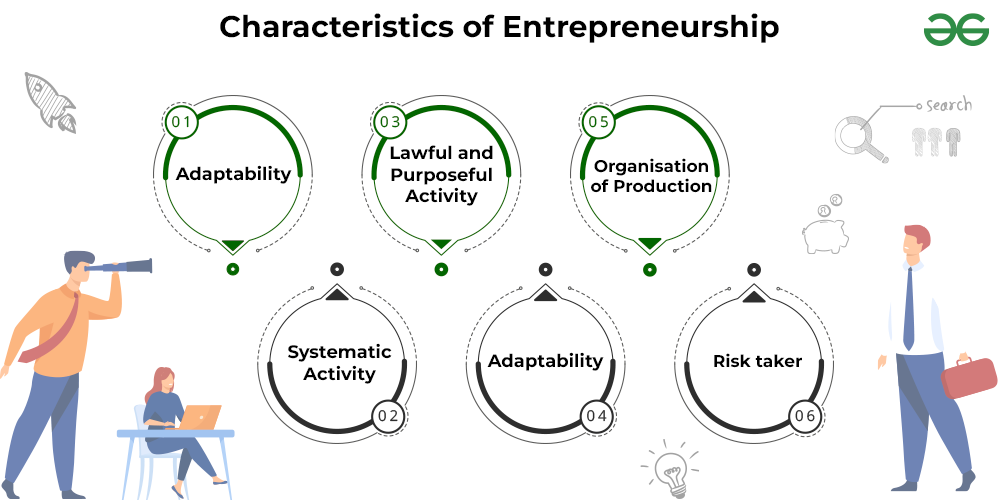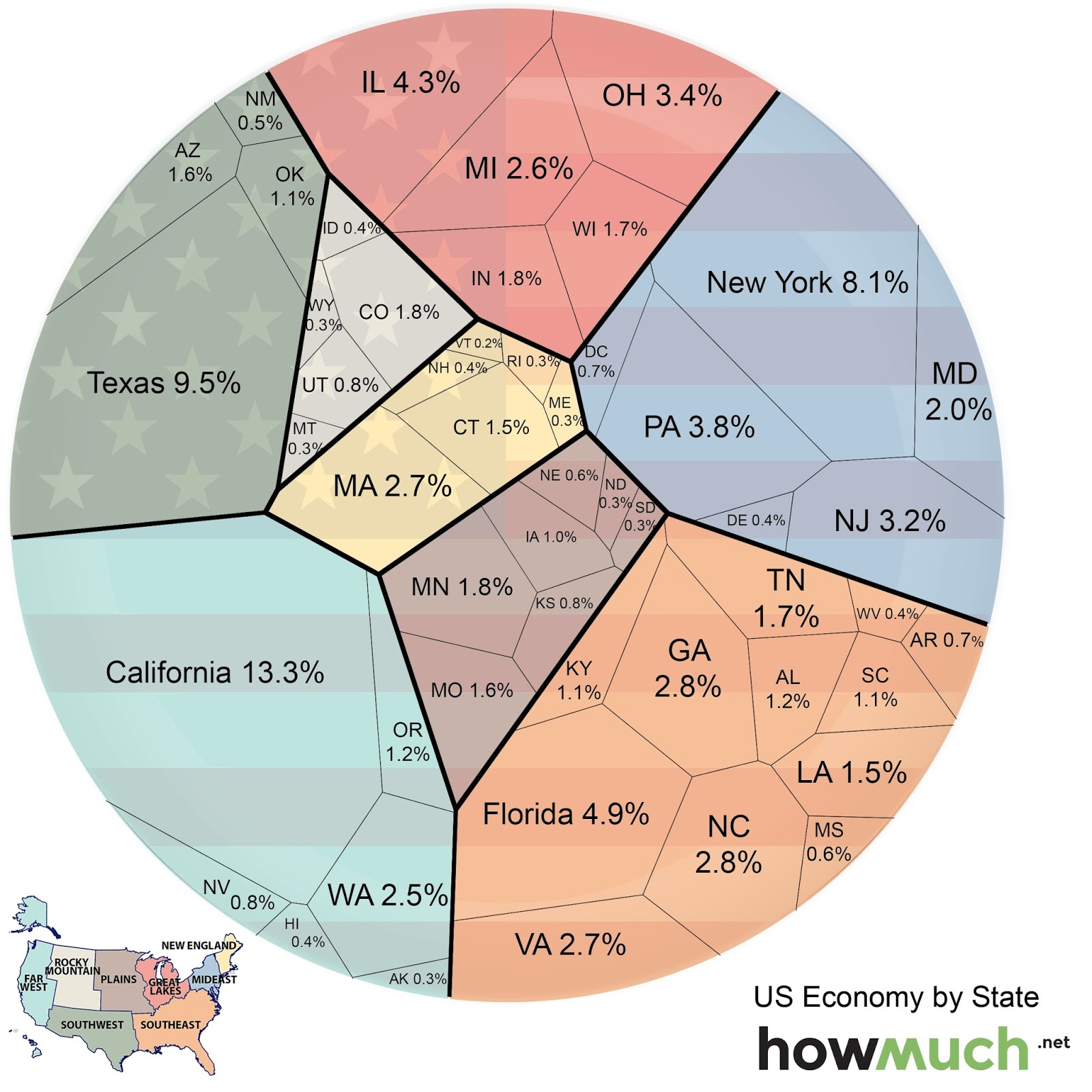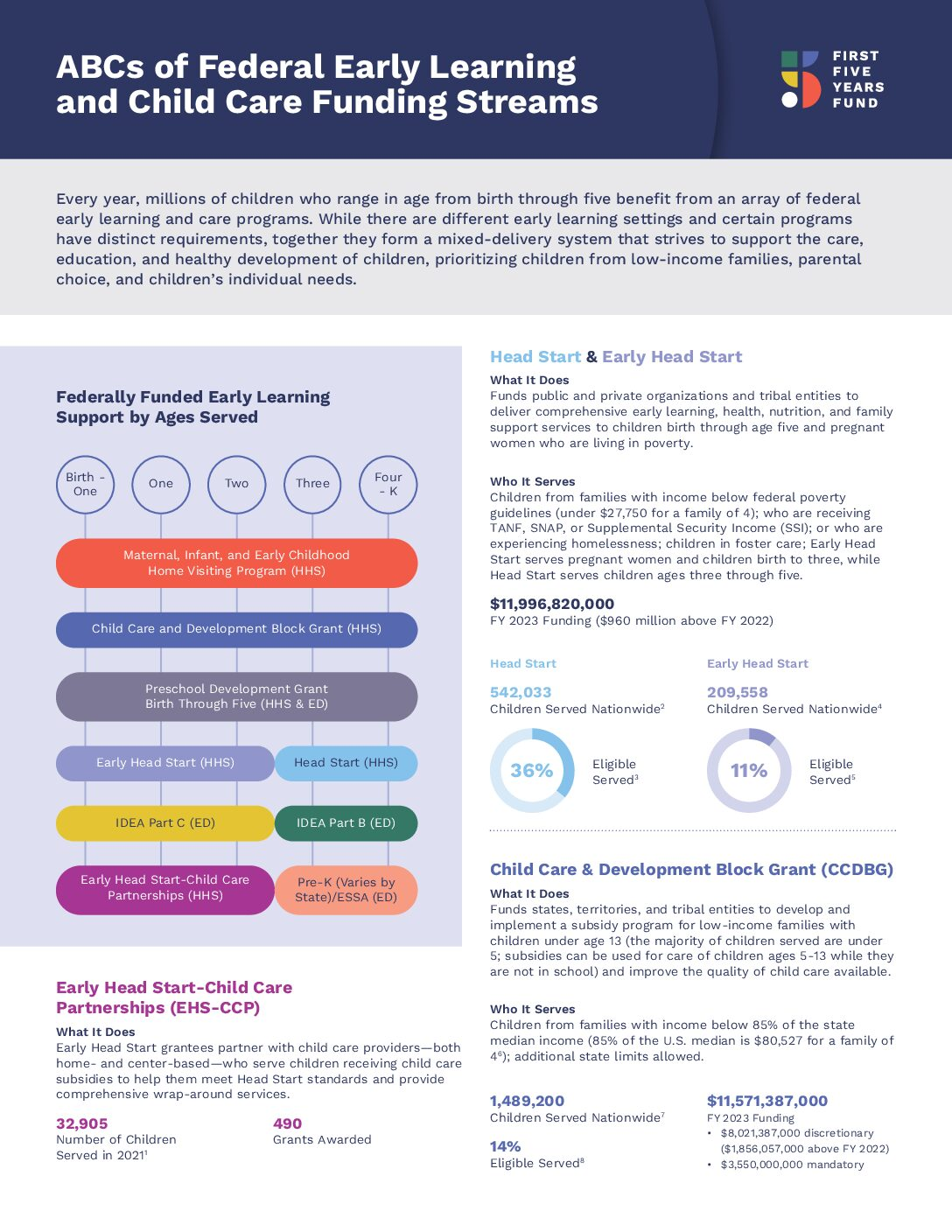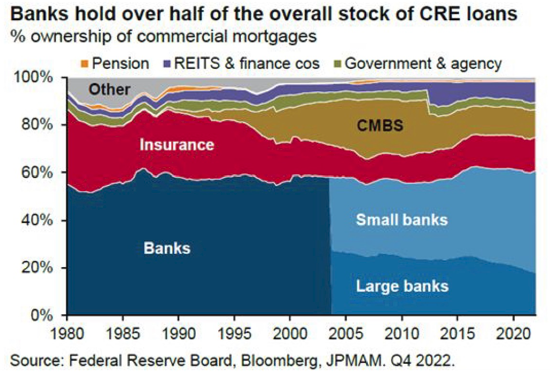
Entrepreneurialism: Redefining Work and Job Satisfaction
Entrepreneurialism is reshaping the landscape of work and our perceptions of job satisfaction in the modern economy. This dynamic approach to work emphasizes creativity, innovation, and the necessity for individuals to forge their own paths amidst evolving entrepreneurship trends. As more people shift towards self-employment and freelancing, they seek not only financial independence but also a meaningful work-life balance. However, this quest often leads to heightened feelings of anxiety and exhaustion, as the constant push to succeed in entrepreneurship can feel overwhelming. In a world where the pressure to innovate is ever-present, understanding the nuances of entrepreneurialism has become increasingly vital for those navigating today’s job market.
The rise of entrepreneurial thinking signifies a fundamental shift in how individuals engage with their careers. This evolution transcends traditional employment models, embracing terms like self-directed work and independent contracting. Many individuals have embraced the role of solopreneurs or sidepreneurs, who strive to create fulfilling ventures that align with their passions. With a focus on autonomy and creativity, this new paradigm redefines our relationship with work, fostering aspirations for job satisfaction and personal achievement. As we explore the world of entrepreneurship, it’s essential to recognize the diverse forms it takes and the impact it has on modern professional life.
The Rise of Entrepreneurialism in America
Entrepreneurialism has transformed the American workforce, shaping not just job creation but the very essence of work-life balance. This shift is significantly attributed to the decline of traditional employment options amid technological advancements. As manufacturing jobs began to dwindle in the early 20th century, many individuals turned to entrepreneurial ventures, leading to a surge in self-employment and freelance opportunities. The notion of ‘creating one’s own job’ became a mantra for many seeking fulfillment outside the constraints of corporate structures. This shift has given rise to a diverse array of entrepreneurial endeavors, from small businesses to gig economy roles, each embodying the spirit of autonomy and innovation that characterizes this new work era.
Baker highlights how this entrepreneurial mindset not only reflects a changing economy but also addresses deep-seated desires for job satisfaction and personal agency. As individuals increasingly opt for flexibility over traditional job security, they redefine success through entrepreneurship, often balancing multiple roles as freelancers or solopreneurs. This reflects broader trends in self-employment, where the lines between personal aspirations and professional endeavors blur, creating a landscape that values individual creativity and resilience. The rise of entrepreneurialism, then, is more than a trend; it’s a cultural shift that continuously reshapes the fabric of American work life.
Freelancing: A New Era of Work
Freelancing has become a defining characteristic of contemporary employment, representing both the promise of freedom and the challenges of uncertainty. As the traditional corporate workspace evolves, many individuals are embracing freelancing as a viable career pathway. It offers the allure of a flexible schedule and the opportunity to work on diverse projects, appealing to those who prioritize work-life balance. The LSI term ‘freelancing’ encapsulates this new frontier of employment, illustrating the shift from traditional 9-to-5 jobs to more dynamic, project-based work that allows individuals to curate their own professional journeys.
However, the rise of freelancing is not without its pitfalls. Many freelancers face the harsh reality of inconsistent income and a lack of benefits traditionally associated with full-time employment. The stress of securing clients and managing multiple projects can sometimes overshadow the initial appeal of independence. Yet, the entrepreneurial spirit that drives freelancers often helps them navigate these challenges, as they learn to promote their services effectively and build sustainable practices. In this evolving landscape, the art of freelancing represents both a unique opportunity for self-expression and a continual challenge in achieving a work-life harmony.
Understanding Work-Life Balance in Today’s Economy
In the fast-paced world of entrepreneurialism, achieving work-life balance has emerged as a crucial concern. Entrepreneurs and freelancers frequently juggle multiple responsibilities, leading to an environment where personal and professional lives often conflict. Studies indicate that while many individuals are drawn to the freedom that entrepreneurial work can provide, this same independence may lead them to work longer hours and feel a constant pressure to succeed. The concept of work-life harmony becomes essential as individuals strive to not just survive in their careers but to thrive in their personal lives as well.
Organizations and thought leaders emphasize the importance of prioritizing mental health and job satisfaction within the entrepreneurial framework. Strategies such as establishing clear boundaries, setting achievable goals, and scheduling regular breaks are critical in fostering a healthier balance. Moreover, fostering a supportive community—whether through networking or online platforms—can provide the necessary encouragement. As the traditional boundaries of work continue to blur, understanding how to cultivate work-life balance becomes paramount for the well-being of those embracing entrepreneurialism.
The Impact of Economic Changes on Self-Employment
Shifts in the economy have significantly influenced the rise of self-employment in America. Historical events, such as the Great Depression and the technological revolution of the late 20th century, have compelled many individuals to seek alternative employment forms. During economic downturns, traditional jobs become scarce, prompting talented professionals to create their own opportunities through self-employment. This shift not only underscores the resilience and adaptability of the workforce but also reflects a broader trend towards entrepreneurialism, where innovation becomes a necessity rather than a choice.
Self-employment also offers a means of empowerment, particularly for marginalized groups who may face barriers in traditional job markets. Opportunities in freelancing and entrepreneurship allow individuals to harness their unique skills and experiences to create businesses tailored to their needs. This evolution has sparked conversations around job satisfaction, as individuals recognize the potential for fulfillment in careers they craft themselves, challenging the narrative that financial security must come at the expense of personal ambition and creativity.
Job Satisfaction in the Era of Gig Work
In an era defined by gig work and entrepreneurial pursuits, job satisfaction has become a multifaceted goal for many. While some find joy in the autonomy and flexibility offered by freelance work, others struggle with the instability and unpredictability associated with gig economies. The essence of job satisfaction in this context extends beyond financial compensation; it encompasses personal fulfillment, the alignment of work with individual values, and the ability to maintain a healthy lifestyle. As the nature of work evolves, so too does the definition of what it means to be satisfied in one’s job.
Research indicates that job satisfaction is intimately linked to the degree of control individuals possess over their work conditions. For freelancers and entrepreneurs, the ability to choose projects aligned with their passions can enhance feelings of worth and achievement. However, the constant hustle for contracts and clients can lead to high stress levels and burnout. Therefore, understanding the dynamics of job satisfaction within the gig economy not only sheds light on individual experiences but also highlights the need for systems that support well-being in a rapidly changing labor market.
The Role of Mentorship in Portraying Entrepreneurship
Mentorship plays a crucial role in navigating the complexities of entrepreneurship and self-employment. As individuals embark on their entrepreneurial journeys, having guidance from experienced mentors can significantly enhance their success rates. Mentors provide not only knowledge and expertise but also emotional support, fostering a sense of community that is vital in an often isolating field. This relationship allows new entrepreneurs to learn valuable lessons, make informed decisions, and avoid common pitfalls when initiating their business ventures.
Moreover, mentorship can enhance the pursuit of job satisfaction and work-life balance. By helping entrepreneurs develop a clear vision and a sustainable business model, mentors can enable them to align their careers with personal goals. In a landscape where a mishmash of tasks can overwhelm founders, the insights gained from mentorship can streamline efforts, enabling individuals to maintain focus and reduce burnout. Ultimately, effective mentoring relationships contribute to a more robust entrepreneurial ecosystem, encouraging more people to explore self-employment opportunities.
Self-Employment Opportunities for Diverse Demographics
As society progresses, the landscape of self-employment is rapidly diversifying, opening doors for various demographics traditionally underrepresented in entrepreneurship. Economic shifts, societal changes, and increasing access to technology have empowered individuals from diverse backgrounds to pursue entrepreneurial ventures. Programs aimed at increasing access to resources and education play a pivotal role in breaking down barriers, allowing more people to explore self-employment opportunities that align with their passions and skills.
This diversification not only enriches the entrepreneurial ecosystem but also enhances job satisfaction across communities. Individuals who may have faced challenges in accessing conventional job markets find empowerment in creating their opportunities through entrepreneurialism. This trend fosters a greater sense of agency and autonomy, allowing each entrepreneur to tailor their work to fit personal values and lifestyles. By embracing self-employment, people from varied demographics can collectively contribute to economic growth while pursuing fulfilling careers.
Technological Advancements and the Future of Work
The rapid advancement of technology continues to shape the future of work and entrepreneurialism in profound ways. With the rise of digital platforms, individuals can reach global markets with ease, allowing self-employed professionals to thrive like never before. Technology not only facilitates broader networking and collaboration but also enhances productivity through innovative tools that streamline various processes. For entrepreneurs and freelancers alike, leveraging these technologies can be a game-changer, transforming challenges into new opportunities for growth and success.
However, as the landscape shifts, so does the challenge of job satisfaction. The constant connectivity fostered by technology can blur the boundaries between work and personal life, leading to the potential for burnout among self-employed individuals. To navigate this evolving terrain, entrepreneurs must adopt strategies that promote a sustainable work-life balance amidst the fast-paced digital age. Understanding how to utilize technological advancements effectively while maintaining personal well-being will be essential as the future of work unfolds, ensuring that the spirit of entrepreneurialism is preserved.
Economic Resilience and the Entrepreneurial Spirit
In times of economic uncertainty, the entrepreneurial spirit often ignites the potential for resurgence and growth. Individuals and communities facing challenges adapt by embracing self-employment as a viable avenue for survival and prosperity. This resilience is deeply ingrained in the American ethos, where the ability to innovate and create opportunities becomes paramount during difficult times. Baker’s exploration reveals how entrepreneurialism serves as a beacon of hope, inspiring individuals to harness their creativity and transform challenges into viable business ventures.
Moreover, the current landscape of entrepreneurship reflects societal shifts toward valuing adaptability and resourcefulness. As people increasingly view self-employment as a legitimate pathway to success, this transformation challenges conventional notions of job security. Embracing the entrepreneurial spirit fosters a culture of resilience, wherein individuals leverage their skills and passions to create meaningful work while navigating economic fluctuations. Ultimately, the persistent rise of entrepreneurship serves not only as an economic driver but also as a testament to the adaptability and ingenuity of the human spirit.
Frequently Asked Questions
What are the key entrepreneurialism trends to watch in 2025?
In 2025, some key entrepreneurialism trends include a rise in remote and freelance work, advancements in technology enabling innovative business models, and an increased focus on sustainable practices. The gig economy continues to thrive, providing opportunities for self-employment and showcasing the adaptability of entrepreneurship in response to market changes.
How can self-employment improve work-life balance?
Self-employment offers enhanced flexibility, allowing individuals to create schedules that align with their personal lives, leading to better work-life balance. Entrepreneurs often have the freedom to prioritize family and leisure while pursuing their business goals, making their work experience more enjoyable and fulfilling.
What is the relationship between job satisfaction and freelancing?
Freelancing can lead to higher job satisfaction as it allows individuals to choose projects that resonate with their interests and passions. This autonomy can increase motivation and overall happiness in one’s work, highlighting the benefits of entrepreneurialism in a freelance context.
How has the concept of entrepreneurialism evolved in recent years?
The concept of entrepreneurialism has significantly evolved, with a shift from traditional corporate roles to embracing diverse models like freelancing and solopreneurship. This change reflects a growing demand for self-employment, innovation, and flexibility in the workforce, as well as a focus on individual skills and creativity in driving success.
What challenges do modern entrepreneurs face in achieving work-life balance?
Modern entrepreneurs face several challenges in maintaining work-life balance, including the constant pressure to innovate, the blurring of personal and professional boundaries, and the fear of missing opportunities. These factors can create stress, making it essential for entrepreneurs to implement strategies that prioritize their overall well-being.
Why is job satisfaction critical for self-employed individuals?
Job satisfaction is critical for self-employed individuals because it directly impacts productivity, creativity, and the quality of business outcomes. High job satisfaction can lead to increased motivation and better customer service, ultimately contributing to the long-term success of an entrepreneurial venture.
What role does entrepreneurialism play in the current economy?
Entrepreneurialism plays a pivotal role in the current economy by driving innovation, creating jobs, and fostering competition. As more individuals turn to self-employment and freelance opportunities, entrepreneurial ventures contribute to economic resilience and adaptability in an ever-changing market.
How can freelancers ensure sustainability in their entrepreneurial efforts?
Freelancers can ensure sustainability in their entrepreneurial efforts by diversifying their income streams, building a strong personal brand, and continuously upgrading their skills. Staying informed about market trends and maintaining a solid client relationship can also enhance long-term viability.
What skills are essential for successful entrepreneurialism today?
Essential skills for successful entrepreneurialism today include adaptability, financial literacy, digital marketing expertise, and strong networking abilities. Entrepreneurs must also develop resilience and emotional intelligence to navigate the challenges that come with self-employment and freelancing.
How does the rise of technology impact modern entrepreneurship?
The rise of technology greatly impacts modern entrepreneurship by enabling easier access to markets, enhancing communication, and providing tools for automation and efficiency. Tech innovations foster new business models and permit entrepreneurs to scale their efforts more quickly than ever before.
| Key Points | Details |
|---|---|
| Rise of Entrepreneurialism | The concept of entrepreneurialism has evolved significantly, with diverse roles being classified as entrepreneurship, from business founders to freelancers. |
| Cultural Shift | Linked to economic changes, particularly after the 19th-century industrial shift, promoting individual skill application and ambition. |
| Influence of Self-Help Literature | Self-help authors like Napoleon Hill shaped attitudes toward work, asserting the importance of specialization, creativity, and marketing of personal services. |
| Gender and Age Dynamics | Entrepreneurialism provided avenues for marginalized groups, particularly women over 40, to find meaningful work. |
| Modern Relevance | Today, entrepreneurialism thrives amid job insecurity, driving individuals to adopt an entrepreneurial mindset even in precarious positions. |
Summary
Entrepreneurialism has reshaped the landscape of work, emphasizing individual initiative and adaptability in the face of economic change. This evolving concept reflects a broader societal trend where personal skills and ambition are valued over traditional employment structures. As more people navigate the complexities of the gig economy and freelance work, the principles of entrepreneurialism encourage individuals to create their own paths, showcasing how self-determination plays a critical role in contemporary professional life.




